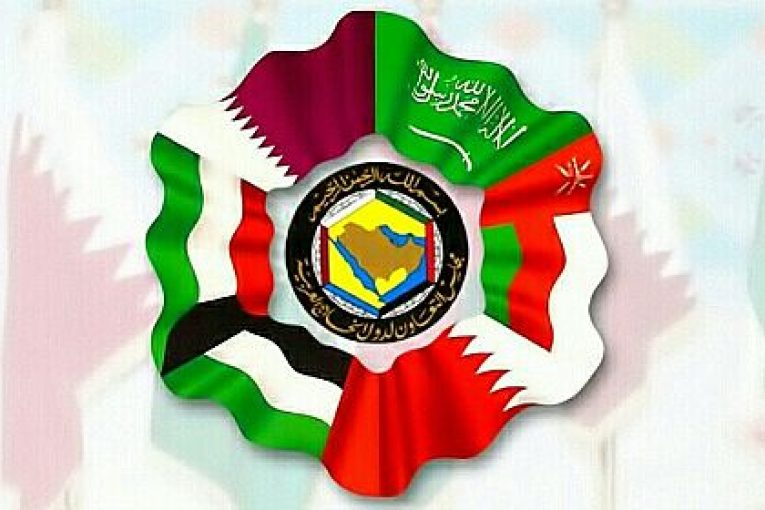
اعداد : د. مأمون أحمد أبو رعد
المركز الديمقراطي العربي –
-
مجلة العلوم السياسية والقانون : العدد الرابع والثلاثون كانون الأول – ديسمبر 2022 – المجلد7 – وهي مجلة دولية محكمة تصدر عن المركز الديمقراطي العربي المانيا- برلين.
- تُعنى المجلة في الدراسات والبحوث والأوراق البحثية عمومًا في مجالات العلوم السياسية والعلاقات الدولية،والقانون والسياسات المقارنة، والنظم المؤسسية الوطنية أو الإقليمية والدولية.
Journal of Political Science and Law
للأطلاع على البحث من خلال الرابط المرفق :
ملخص:
هدفت الدراسة الحالية إلي فحص العلاقات السياسية والاقتصادية بين دول مجلس التعاون الخليجي وإثيوبيا منذ عام 2000, والتحديات التي أعاقت هذه العلاقات, وكذلك فرص تحسين علاقتهما. لتحقيق هذا الهدف، استخدمت الدراسة المنهج التحليلى، كما استخدمت فرضية الاعتماد المتبادل المركب كإطار نظرى. توصلت الدراسة إلى عدة نتائج، أهمها: (1) العلاقات الاقتصادية بين إثيوبيا ودول مجلس التعاون, ولا سيما السعودية والإمارات والكويت, تطورت كثيراً منذ عام 2000. فضلاً عن أن علاقات إثيوبيا مع جميع دول مجلس التعاون تحسنت تحسناً ملحوظاً في السنوات الثلاثة الأخيرة. (2) لم تكن العلاقات السياسية بين الجانبين ثابتة وسلسة مثل علاقتهما الاقتصادية, حيث افتقدت هذه العلاقات إلي الاستمرار, وتأثرت بالشكوك وعدم الثقة المتبادلة بين الطرفين. التحديات التى شهدتها العلاقات بين البلدين ادت الى تراجع هذه العلاقات. على سبيل المثال، كانت النخب الخليجية تعتبر إثيوبيا إمبراطورية مسيحية, وكذلك الشكوك التي تثاور النخب الإثيوبية حول الدول العربية نظراً للعلاقات السياسية العدائية في الماضي, ونظراً أيضاً لدعم دول مجلس التعاون الخليجي لمصر في نزاعها مع إثيوبيا بشأن سد النهضة الإثيوبي. لكن، يوجد فرص عديدة لتعزيز العلاقات بين الجانبين وهي: السوق الإثيوبية المحتملة لمنتجات دول الخليج, وموارد إثيوبيا غير المستغلة مثل الأرض الخصبة الصالحة للزراعة والعمالة الإثيوبية الرخيصة، بالاضافة إلى الجوار الجغرافى.
Abstract
The current study has aimed to examine the political and economic relations between the countries of the Gulf Cooperation Council and Ethiopia since 2000, and the challenges that hindered these relations, as well as the opportunities to improve them. To achieve this goal, the study has used the analytical method, as well as complex interdependence hypothesis as a theoretical framework. The study has reached several results, the most important of which are: (1) The economic relations between Ethiopia and the Gulf Cooperation Council countries, especially Saudi Arabia, the Emirates and Kuwait, have considerably developed since 2000. In addition, Ethiopia’s relations with all the Gulf Cooperation Council countries have improved remarkably in the last three years. (2) The political relations between the two sides were not as stable and smooth as their economic relations, where political relations lacked continuity and were affected by mutual suspicion and mistrust between them. The challenges witnessed by the two countries’ relations led to the decline of them. For example, the Gulf elites considered Ethiopia as a Christian empire, as well as the doubts the Ethiopian elites about the Arab countries due to previously hostile political relations, and also the support of the Gulf Cooperation Council countries to Egypt in its dispute with Ethiopia over the Grand Ethiopian Renaissance Dam. However, there are many opportunities to strengthen relations between the two sides, namely: the potential Ethiopian market for the products of the Gulf countries, Ethiopia’s untapped resources such as fertile arable land and cheap Ethiopian labor, in addition geographical proximity.
